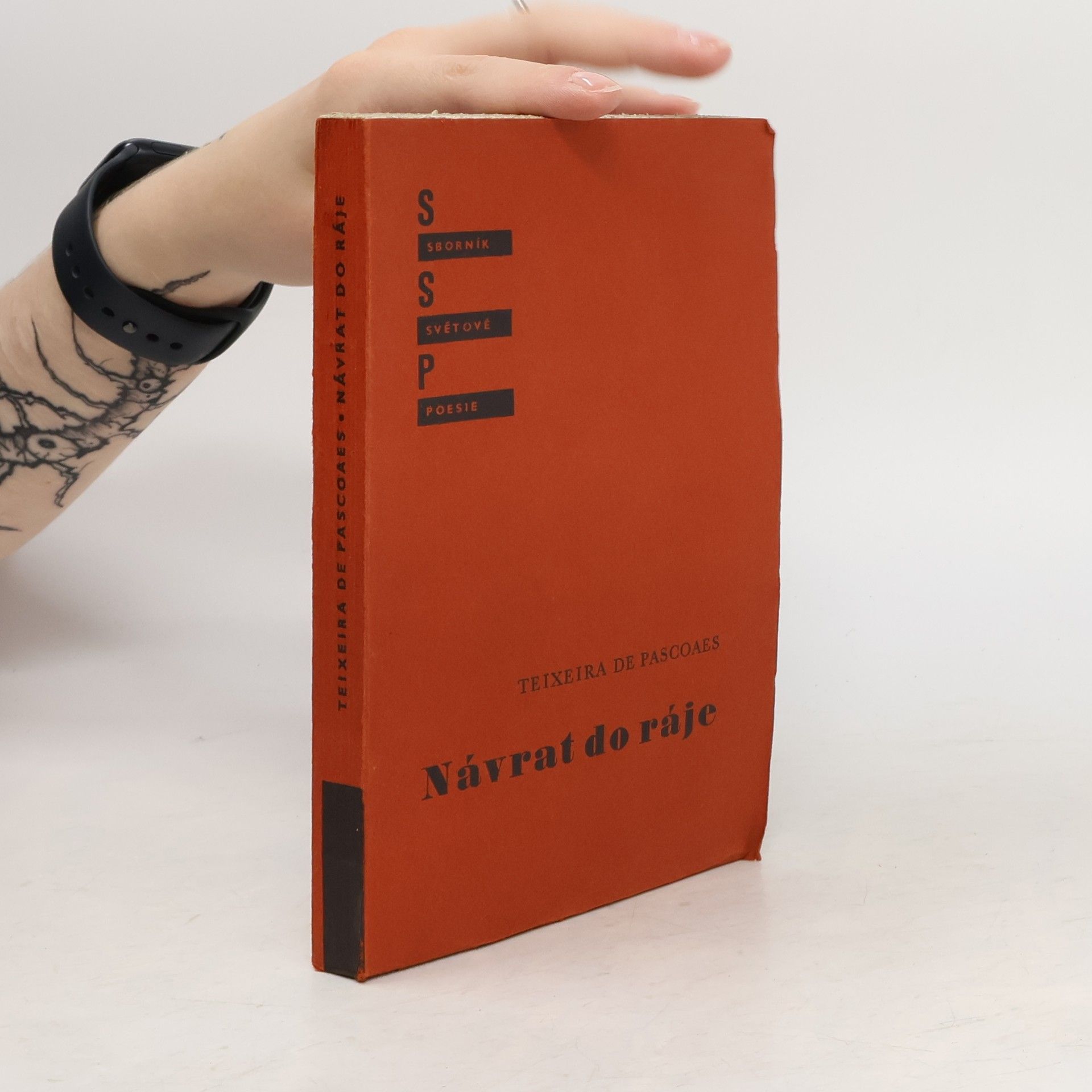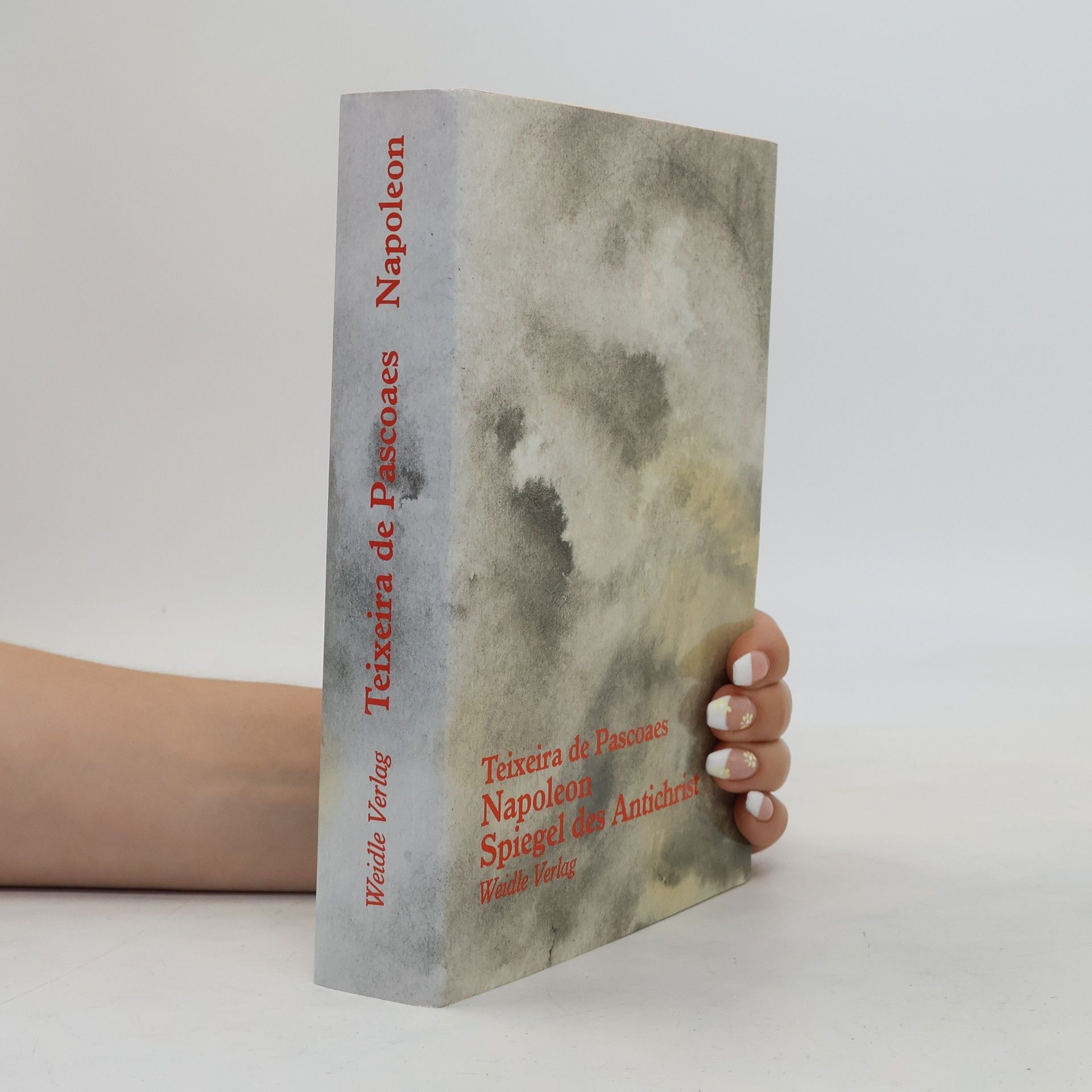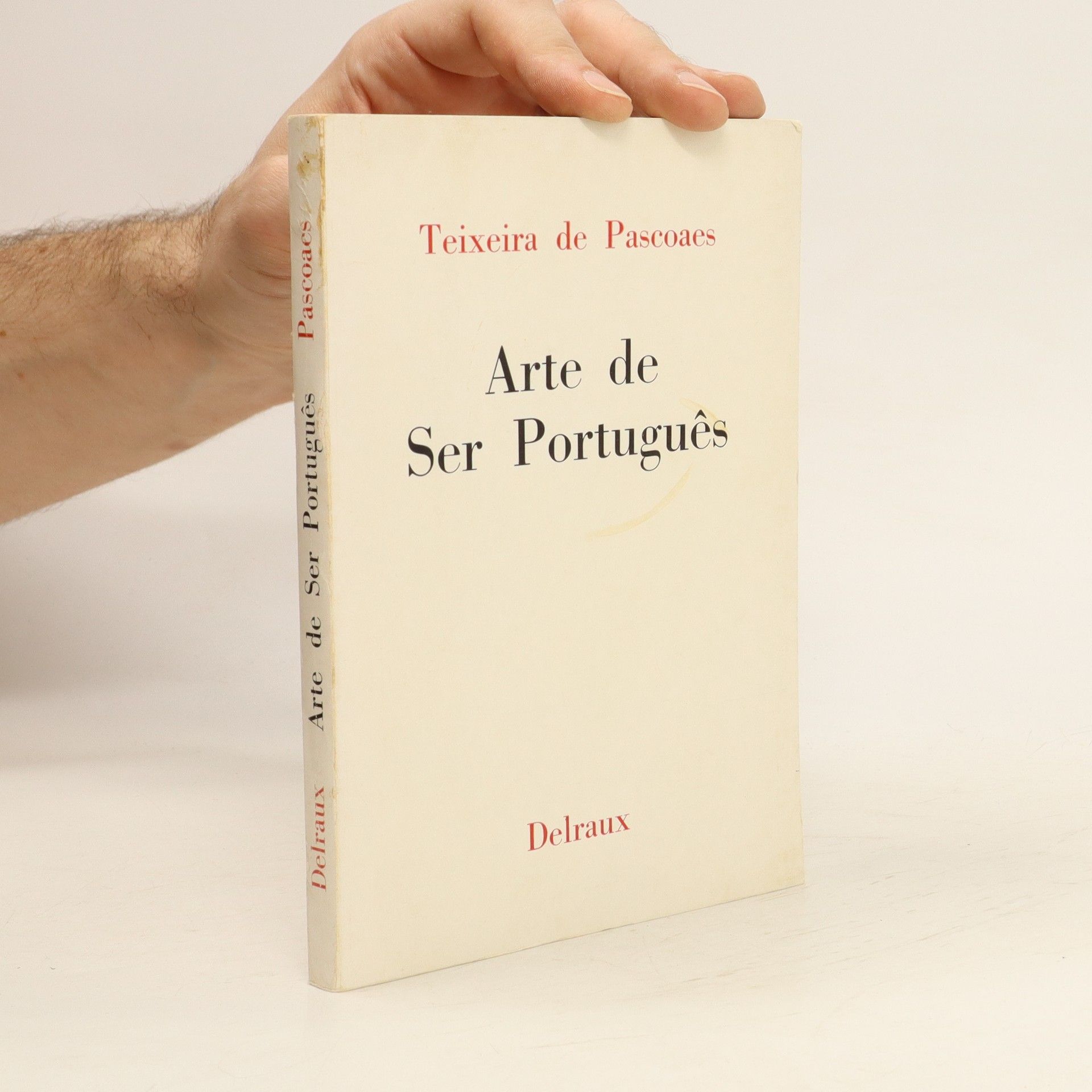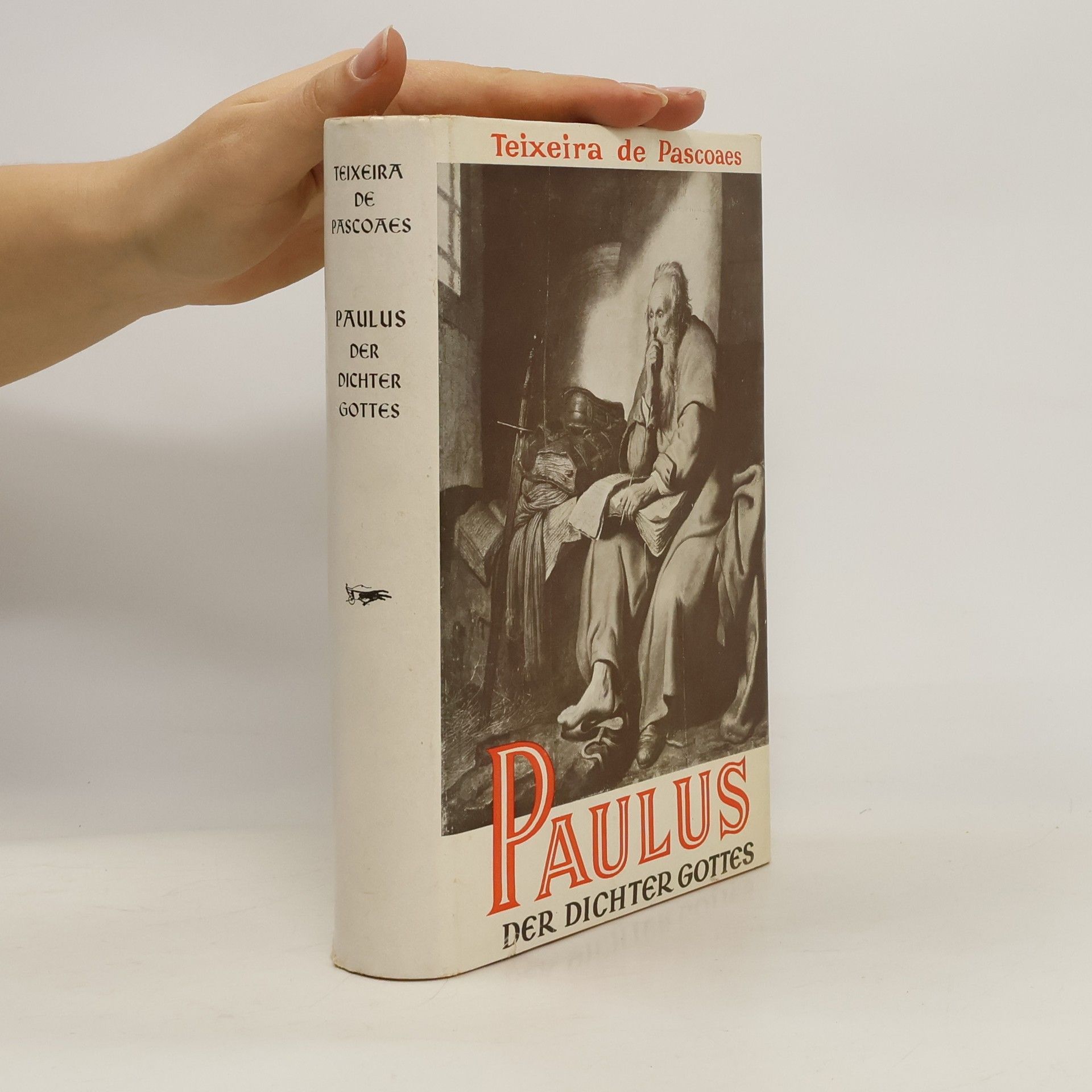Teixeira de Pascoaes Book order (chronological)
Teixeira de Pascoaes was a mystic poet who felt profoundly connected to the humblest things and the brightest stars. His work centers on the concept of saudade, a uniquely Portuguese feeling of longing and nostalgia, which he imbued with philosophical and spiritual depth. Pascoaes viewed saudade as a creation, a marriage of remembrance and desire, of evil and God, of life and death. His poetry is a pantheistic celebration of life, bridging the past with the future, sorrow with joy, and the material with the spiritual, ultimately positioning the poet as the consciousness of the universe.




Während seiner Zeit auf Mallorca erlebte Albert Vigoleis Thelen einen Erkenntnisschock, als er das Werk des portugiesischen Autors Teixeira de Pascoaes entdeckte. Dieser religiöse Atheist, Visionär und Mystiker sprach ihn tief an. Thelen wurde nicht nur Pascoaes' Übersetzer, sondern auch sein Freund und lebte von 1939 bis 1947 in dessen Haus. Während seine Übersetzungen der Bücher über Paulus und Hieronymus 1938 bzw. 1942 in Zürich veröffentlicht wurden, blieb die Übersetzung des letzten Bandes der Trilogie, das große Buch über Napoleon, ungedruckt. Teixeira de Pascoaes, ein Vertreter der portugiesischen Renaissance, strebte eine nationale Erneuerung an und betrachtete seine poetisch-mystische Sichtweise als Wahrheit. Sein Werk über Napoleon, "Spiegel des Antichrist", bietet keine herkömmliche Biographie, sondern erzählt bildhaft von Napoleons Leben und Tod als Schicksal Europas, geprägt von Heroismus und Verzweiflung. Thelen arbeitete eng mit Pascoaes an der Übersetzung, die 1940 abgeschlossen wurde. In seinen Reflexionen betont Thelen, dass das Schreiben über Helden und Heilige eine tiefe emotionale Verbindung erfordert. Pascoaes' Perspektive auf das Evangelium des Antichristen wird als persönliche Stolzquelle beschrieben. Thelen äußert in seinem Testament den Wunsch, nach seinem Tod alles Ungelesene zu vernichten, mit Ausnahme von Pascoaes' Werk über Napoleon, das für ihn von besonderer Bedeutung ist.
Návrat do ráje
Sborník světové poesie